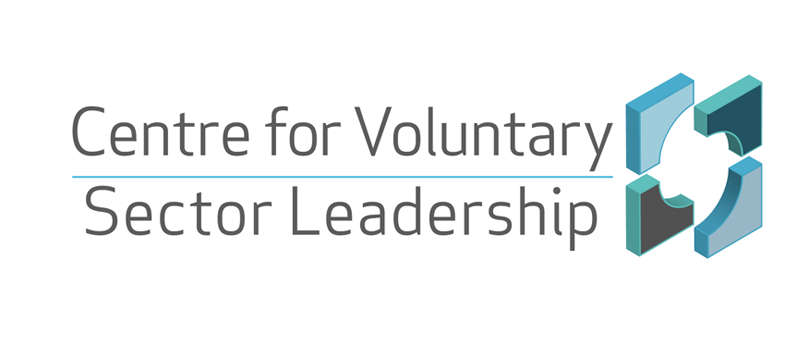2.3 Asking awkward questions
Keith Grint (2005a) makes the case that asking questions is the key process of leadership. Asking difficult questions disrupts the flow of practice and forces others to re-adjust their thinking. Grint advocates questions that challenge assumptions or help reveal deeper underlying problems. For example, if you were a medical consultant treating increasing numbers of people for diabetes, you could ask your hospital’s senior management what was being done in a holistic sense to prevent the illness in the first place.

Now, it’s not possible to ask such questions all the time – that would just be too disruptive. Routine is needed in order to be able to get things done and meet obligatory commitments. But Grint’s argument is that people tend to avoid asking such questions too often, which results in a kind of comfort trap: people do what they know and avoid asking about all the complex, messy underlying stuff they don’t know. You can find out more about this approach in our other leadership course, Collaborative leadership in voluntary organisations [Tip: hold Ctrl and click a link to open it in a new tab. (Hide tip)] . We now move on to reflecting on how processes of leadership might more explicitly engage people’s imaginations.
2.2 Constructive debate
